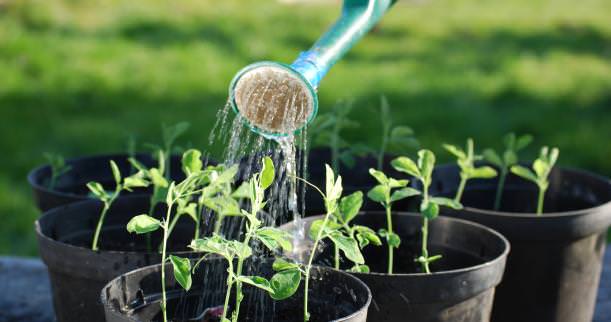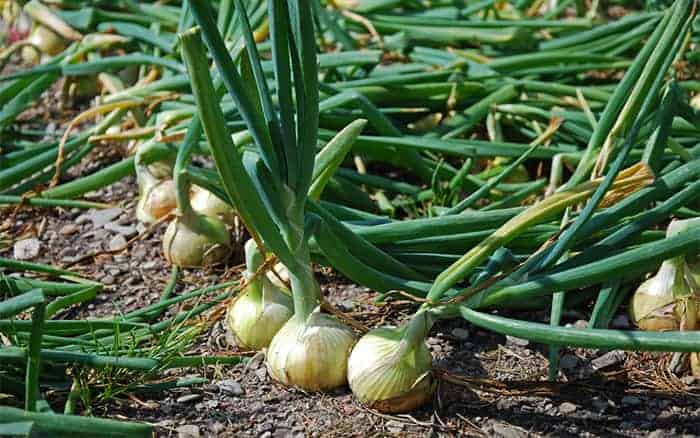It is obvious that gardeners, especially the new ones, will have a lot of enthusiasm. There is really nothing that can stop you but, in order to be successful with a ‘perfect garden’, there are certain things which you need to avoid. With every passing year, a gardener learns more and becomes more experienced. Here is a list of things that successful gardeners have learned to avoid over the years.
Table of Contents
1. Planting an excessive number of veggies
As you start off with your garden, it’s good to keep it short and simple, at least for the first year. If you want to try all kinds of veggies, you will land up with an overcrowded garden, losing track of the growing conditions of each plant.
2. Ignoring the need for light

There are many plants which require sunlight for proper growth. As you select your spot, make sure to place plants with more light requirements in the areas which receive a maximum amount of sunlight. The best thing is to carefully read the light recommendations on the seed packet before you go ahead.
If by any chance, your plants aren’t lucky enough to receive natural sunlight, don’t worry yet. The modern technologies nowadays have provided us artificial light as a really convenient alternative. And among those lamps, LEDs stand out as the most effective. The best LEDs Grow Lights you can find on the market today can benefit you in many ways, not only helping your plants reach a bigger yield, but also saving you more money than ever.
3. Watering more or less than what is needed
Water is a vital requirement for nutrient metabolism and growth; however, different plants have different water requirements.

Too little water will dry up the plants while excessive water will cause the roots to rot. For instance, if you are planning a vegetable garden, go for deep watering, once to thrice a week.
4. Planting bulbs upside down
Know your ends right! Note that bulbs like garlic or onion have a distinct stem-growing and root-growing end, and you must be aware of which is which.

If you plant with the wrong end up, the top and the root will take some time to seek out the right direction and hence growth will be delayed.
5. Placing plants too close to one another
Do not commit the mistake of squeezing in too many seeds in a particular space, with the wrong vision of an awesome amount of harvest. You could end up with weak, underproductive plants.
6. Improperly fertilizing the soil
Under or over fertilizing or using unsuitable fertilizers will prevent healthy growth of your garden plants. For instance, vigorous top growth is essential for lettuce, cabbage, and other leafy greens, so you need to apply high-nitrogen fertilizer.
7. Overmulching
Mulching is a great thing for any garden, and when you use organic matter like dry leaves, straw or grass clippings, weed growth can be prevented. But deep mulching can be bad for gardening since it might prevent the seeds from pushing through the soil.
